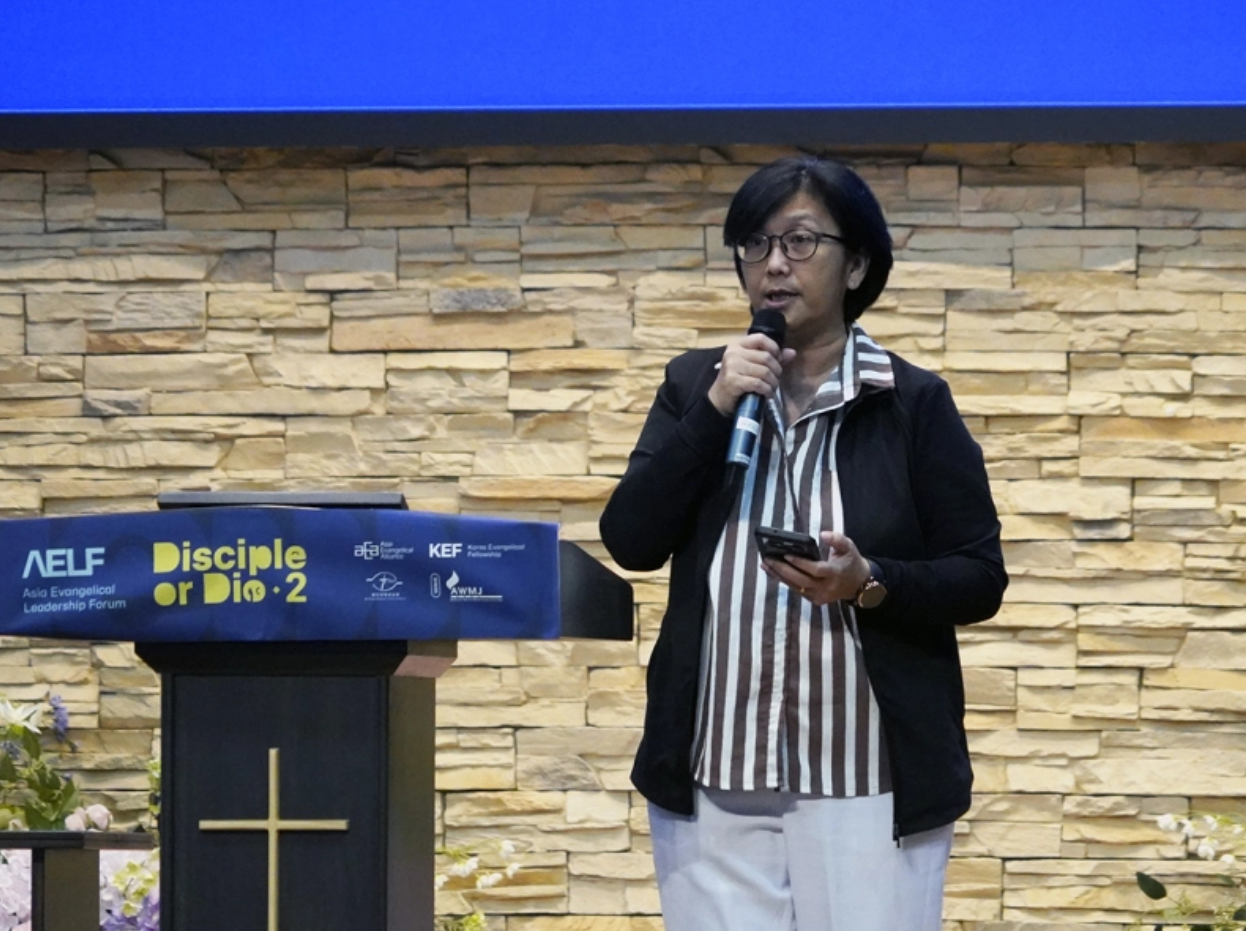The apparent weakening of Christianity in Japan is often attributed to the declining presence of young people in many local churches. Churches without youth groups are increasingly common. If this trend continues, many Japanese churches will cease to exist in the not so distant future. In an attempt to understand and to reverse this trend, a study was conducted recently to explore how young Japanese Christians develop their faith in the midst of Japan’s complicated and changing society. The study utilized a qualitative research method known as grounded theory, in which more than 30 young Japanese Christian students were interviewed at Tokyo Christian University. (TCU is an evangelical interdenominational Christian university that accepts students from over 20 different Christian denominations.)
To be involved, the students had to meet two conditions: 1) be in the age bracket from 18 to 23 and able to clearly recall their adolescent years, and 2) acknowledge to have become a believer before their adolescent period. The study participants were encouraged to talk freely on the following open-ended question: “Looking back over your adolescent years, what challenges and difficulties have you faced, and what has caused you to grow as a Christian young person?”
Through analysis of the compiled verbal data, three somewhat unexpected realities came to surface. First, while the difficulties and challenges they faced varied—from school choice to boy– girl relationships, the major difficulty they saw was not being able to share their thoughts and feelings freely with other Christian youth. This often caused a great deal of stress. Second, the most significant experiences that influenced them to grow as Christians took place in Christian camps and conferences, often during summer and winter recesses. Third, the actual changes that transpired were varied, from wanting to read the
Bible and pray for the first time on their own, to acquiring apologetic attitudes for not appreciating their home churches.
During the group interviews, the following open-ended question was posed as a follow-up: “Please try to characterize the Christian camps or conferences which impacted you positively as Christians.” They were also encouraged to exchange thoughts and opinions amongst themselves. From their interactions, two terms stood out as key—ibasho, space where one can be oneself, and tamariba, “hang-out” space. As they attempted to further explain these terms, four important characteristics arose:
1) Essential components of these spaces are relationships and fellowship with people of their own age,
2) in these spaces, an individual’s opinions and decisions are respected and valued,
3) evangelism can effectively take place in such spaces, and
4) these spaces can exist anywhere inside or outside of local churches.
It may be noteworthy to mention that out of the over 30 students who were interviewed, not one alluded to Sunday sermons or camp messages as having a significant impact on their faith journey. Of course, such data should not be taken as declaring sermons useless. It should, however, be viewed as affirming the advantageous impact of active interaction over passive involvement, especially in this age group.
After examination of the verbal data using grounded theory, the following proposals were made.
1) Recognize as extremely important that many Japanese Christians in their adolescent years struggle with a lack of interaction with other Christians of the same age. It is well known that for their psychological security many young people yearn for relationships with peers during these formative years. Many Japanese pastors tend to blame after-school schools (cram schools) or athletic programs for the drift of young people away from their churches. However, the absence of ibasho and tamariba may be the biggest reason why many of them no longer see their churches as meaningful or helpful places.
2) Provide young Japanese Christians with spaces where they can just hang out and be them- selves. This is critical for the church. On top of making good use of existing Christian camps, new and safe gathering spaces that are more ac- cessible and can be frequented should be devel- oped.
3) Train youth leaders who understand the spe- cial needs of Japanese Christian youth. The leaders must be able to carefully listen and patiently observe each young person. They must also be less assertive and demanding in their actions. The core task here is to provide youth with ample opportunity to make sense of what is happening both around them and to themselves, and to apply in real life what they have learned as Christians up to this point in their lives.
By Dr. Naoki Okamura, Professor, Tokyo Christian University
Originally posted on Japan Evangelical Association / Japan Update Autumn 2022




